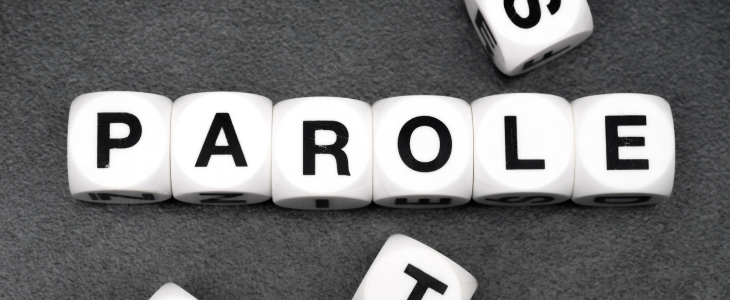
Both probation and parole mean that you’re not in jail or prison in Virginia, but there are differences between the two. Sometimes, a person convicted of a crime may have an opportunity to be on probation instead of incarcerated and working to earn parole.
So, what’s the difference between being on probation and being on parole? Understanding the obligations attached to each status can help you avoid incarceration (or re-incarceration) and ensure you regain your rights after the conviction.
Why Is There an Alternative to Incarceration?
The Virginia Department of Corrections (DOC) covers regulations for probation and parole. It notes that parole and probation supervisors can help people convicted of crimes transition back into society and help them benefit from programs like academic education or job training to give them more opportunities.
It also details the differences between probation and parole, including who may be eligible for each.
Parole in Virginia
Parole in Virginia is tough to get. Discretionary parole for felonies was abolished in the Commonwealth in 1995. Now, people convicted of a felony must serve at least 85% of their sentence before they are eligible for parole consideration. Inmates in Virginia prisons may earn “good behavior” credits and apply these toward an earlier release date.
Virginia sets other criteria for parole eligibility, although the criteria are narrow. The Virginia Parole Board oversees all aspects of parole in the Commonwealth, including holding parole hearings, granting parole, and denying parole.
Other eligible inmates include those who have active sentences totaling more than 20 years and have served at least 20 years of those sentences or those who have been convicted of multiple misdemeanors prior to 2008 and may also be eligible for parole. People whose sentences are twelve months or less are not eligible for parole.
Some older inmates may be eligible for geriatric release. The VA Parole Board considers geriatric releases each year.
Once released on parole, the parolee will serve the remainder of their sentence on parole under the supervision of a DOC parole officer. If the parolee doesn’t comply with their legal obligations for parole, then they will be sent back to prison to complete the remainder of their initial sentence and may face additional time in prison, depending on their actions.
Probation in Virginia
Some people convicted of a misdemeanor may be eligible for probation instead of incarceration. Probation may be the legal penalty for some misdemeanors.
Virginia allows two types of probation: supervised and unsupervised.
- Supervised Probation: Supervised probation is further divided into intensive or low-level supervision. In each case, the offender reports to a probation officer. Those under low-level supervision must check in each month, which includes answering questions about their work or school, employment, and verifying where they’re living. Intensively supervised probationers have more frequent check-ins with their probation officer and may have additional restrictions on their movements, where they can live, or even sobriety.
- Unsupervised Probation: Offenders on unsupervised probation do not report to a probation officer and are entrusted to follow the terms of probation set by the judge on their own. The probationer is expected to follow all Virginia and federal laws and maintain good behavior or other specific conditions the judge sets.
If you violate probation in Virginia, you’ll face penalties. The judge may order:
- Longer probation
- Curtailed freedom, such as being under closer supervision (unsupervised to supervised or low-level supervision to high-level supervision)
- Time in jail
Will I Get Parole or Probation If I’m Convicted?
Maybe. Whether you get probation instead of incarceration may depend on whether your offense was a misdemeanor or a felony and on whether your criminal defense attorney can negotiate a plea bargain with the prosecutor. Or, if your crime has discretionary sentencing, a judge may set probation instead of incarceration.
You can’t get parole right after a conviction. If you’re convicted, you must serve some of your sentence before you’re eligible for parole. Whether you get parole depends on whether you qualify and, if you do, whether the Parole Board approves your petition.
Do You Need a Good Criminal Defense Lawyer?
If you’re facing criminal charges and hope to avoid jail time or minimize your incarceration period, call Surovell, Isaacs, & Levy, PLC today to speak with an experienced Virginia criminal defense lawyer.
Posted in: Criminal Law
